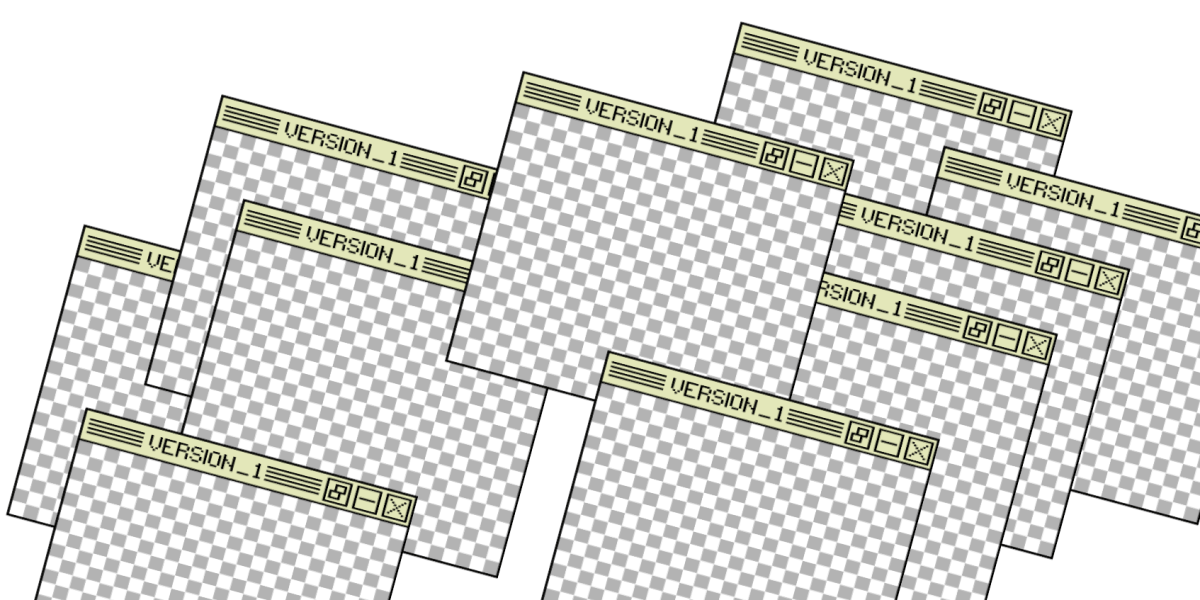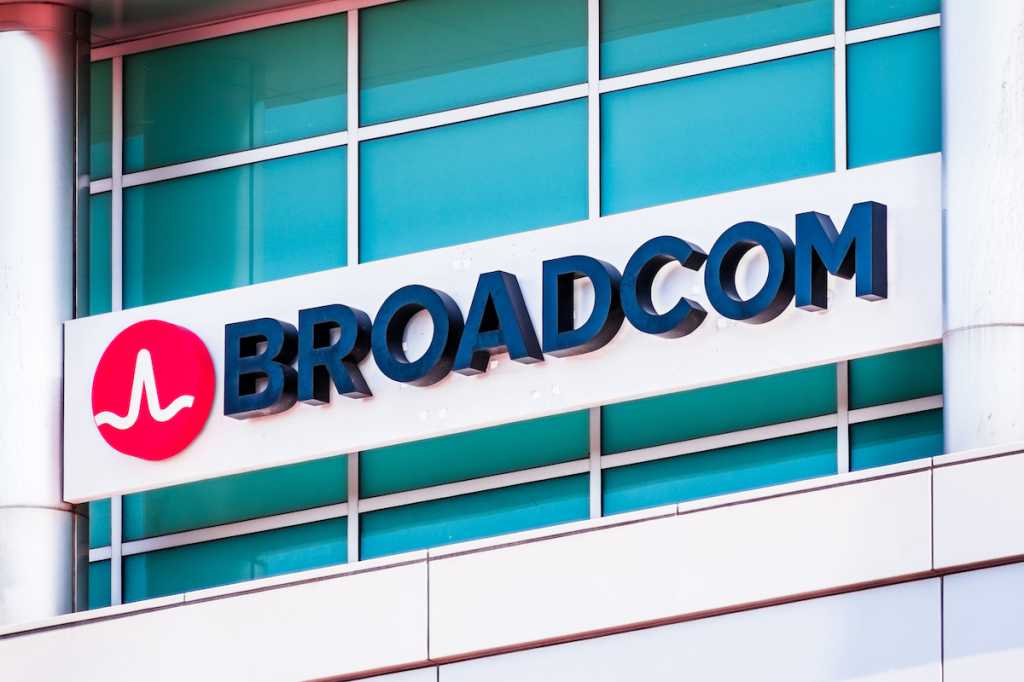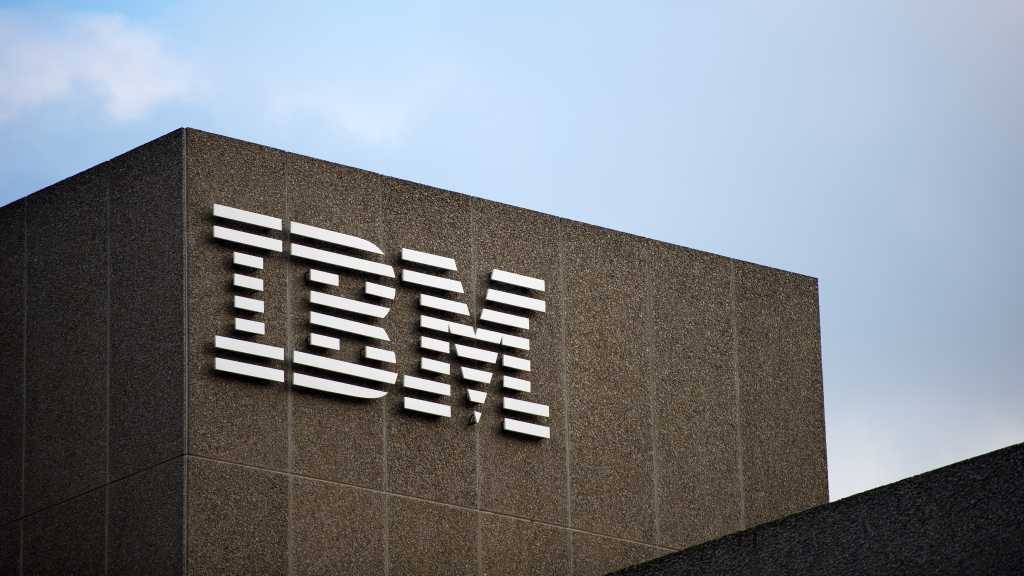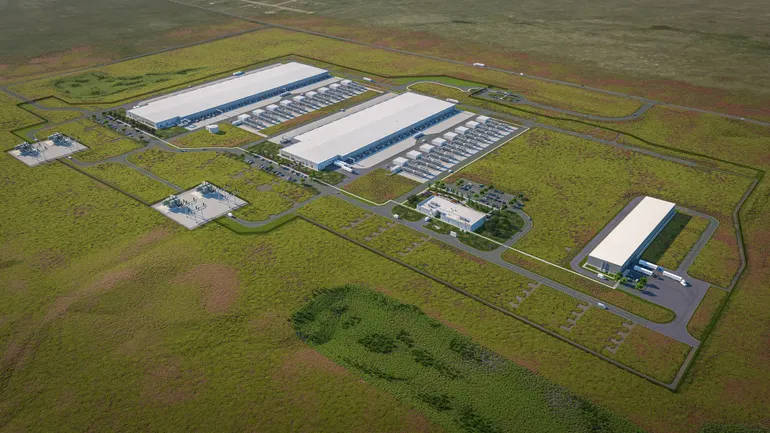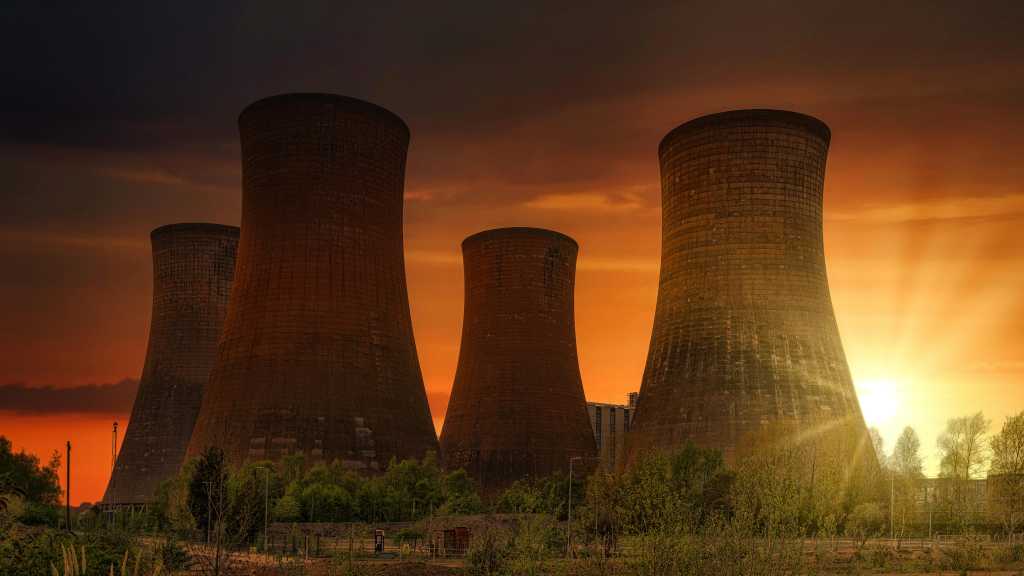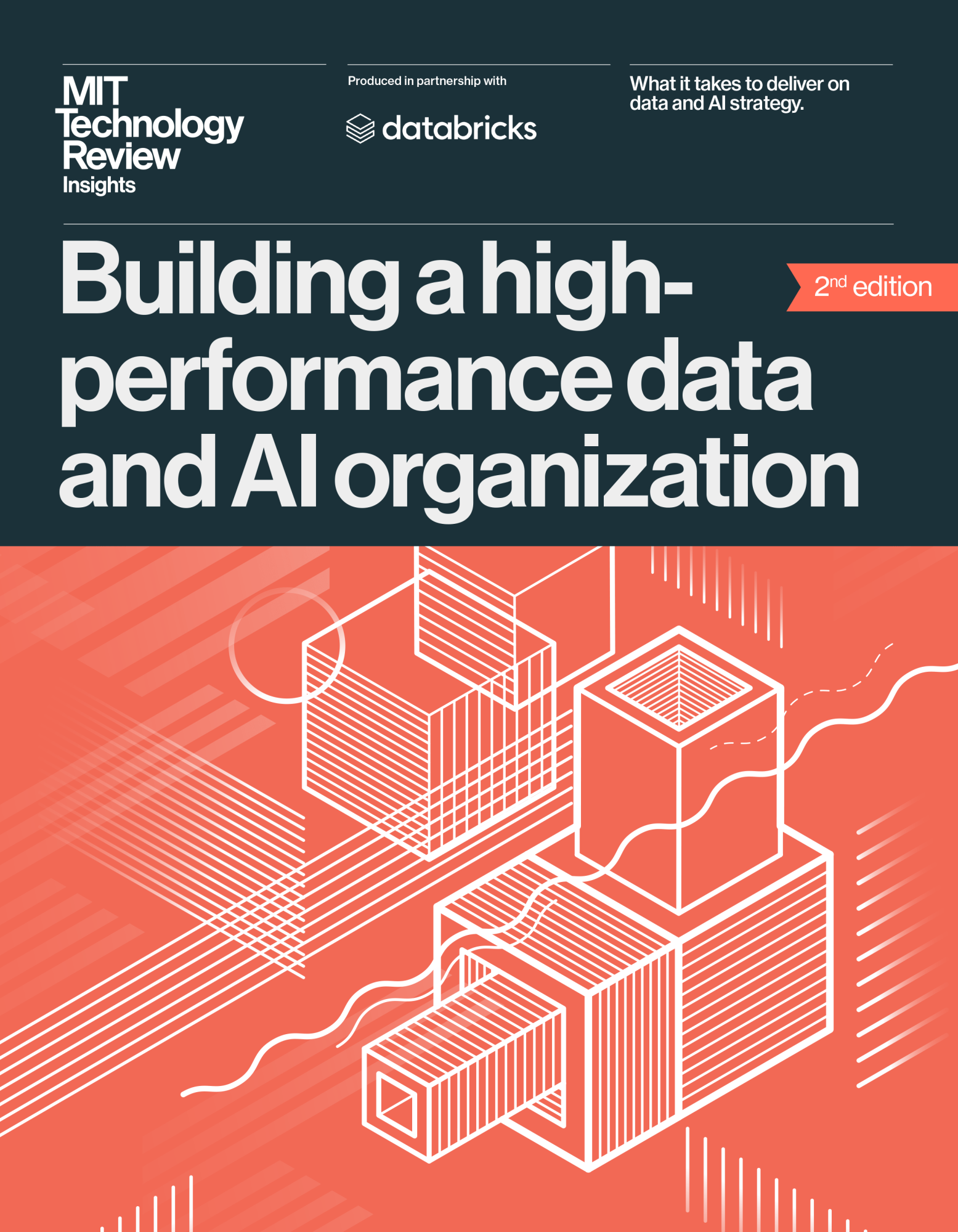Dive Brief: The Federal Energy Regulatory Commission on Monday rejected a large load tariff proposed by Tri-State Generation and Transmission Association, saying it intruded on retail rate regulation, which falls under state jurisdiction and is outside of FERC’s authority. “We find that Tri-State has not provided a sufficient basis for the Commission to find that its proposal does not regulate the terms and conditions of a [High Impact Load] Customer’s retail service in ways that are beyond the Commission’s authority,” FERC said. With FERC beginning to consider the U.S. Department of Energy’s request that the agency develop rules for interconnecting large loads to the transmission system, the Tri-State decision provides insights into the commission’s thinking about its jurisdiction over the issue, according to Steven Shparber, a member at the law firm of Mintz, Levin, Cohn, Ferris, Glovsky and Popeo. “FERC’s decision relied on longstanding U.S. Supreme Court precedent noting that FERC may not regulate retail sales, which are exclusively within the states’ jurisdiction,” he said in an email. Dive Insight: Tri-State’s Aug. 28 proposal came as utilities like AEP Ohio and Dominion Energy Virginia have adopted tariffs that set out terms and conditions for interconnecting data centers and other large loads. In its proposal, Tri-State — a wholesale cooperative based in Westminster, Colorado, with 40 utility members in Colorado, Nebraska, New Mexico and Wyoming — said there is growing interest in building data centers in the Mountain West region. It has received 10 requests from member utilities to add loads ranging from 45 MW to 650 MW that could each grow to 300 MW to 1,000 MW, according to Tri-State, which has a 2,500 MW peak load. Tri-State said its proposed High Impact Load, or HIL, tariff and High Impact Load Agreement would protect its utility members from a range of risks
